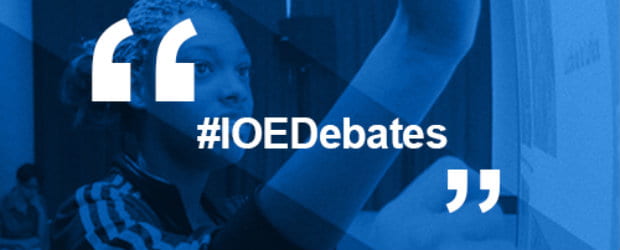Will we have a Beveridge Report for ending the attainment gap?
By Blog Editor, IOE Digital, on 12 May 2021
Just as one can’t out-exercise a bad diet, education policy and the efforts of schools and teachers can’t out-run societal inequalities. But they can serve to exacerbate or alleviate those inequalities.
The socio-economic attainment gap has been a long-standing focal point of education policy and debate, albeit not as long-standing as the attainment gap itself. It’s a gap that seems in some respects inevitable and intractable (and on that point it is sobering to remind ourselves that 14m people in the UK, around a fifth, live in relative poverty; that’s a third of children). It is an aspect of education systems that leaves optimists fatalistic, and new teachers surprised to find themselves defending elements they never thought they would, such as high-stakes exams.
For our debate What if… we really want to close the attainment gap ‘post-Covid’? we were (more…)
 Close
Close






